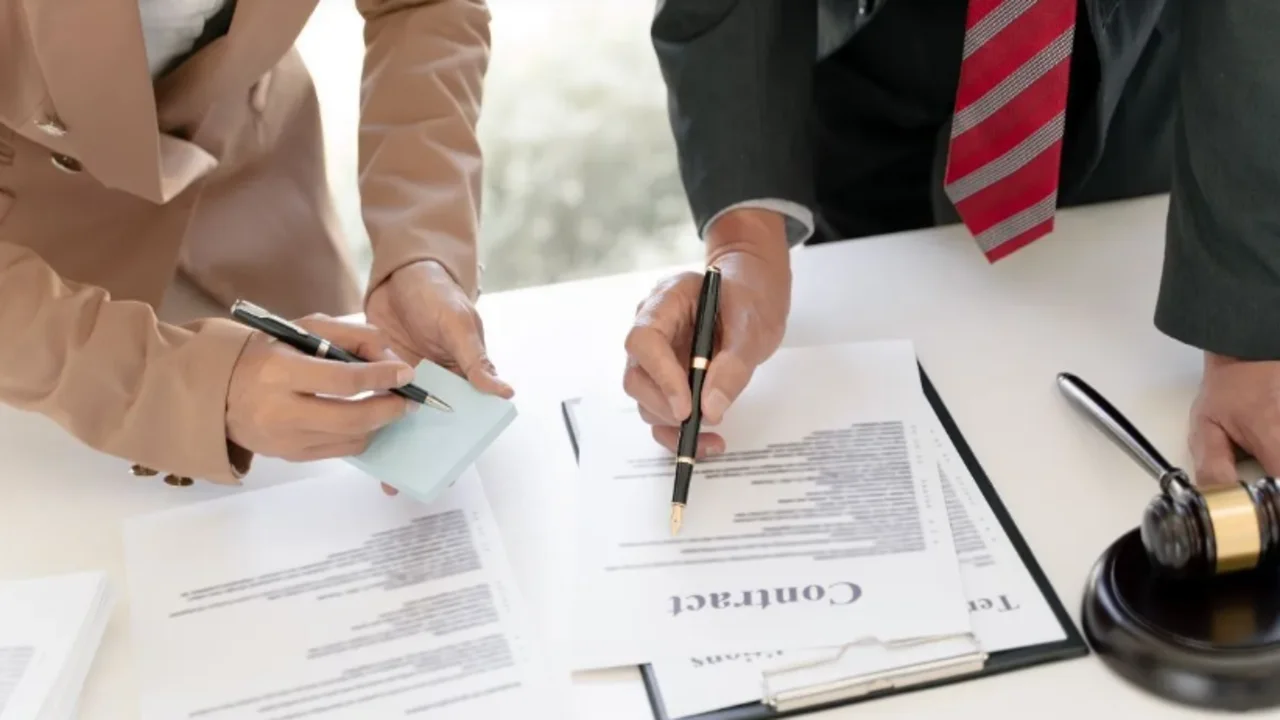Legal battles can seem intimidating, but they can lead to favourable outcomes with the right approach. A well-planned preparation is key to success in litigation. Understanding the essential steps can empower you to manage the legal system confidently. This post will discuss essential approaches for preparing for a successful litigation.
Understand Your Case’s Essence
To start, it’s vital to understand the heart of your case. This means digging into the core issues, understanding the legal framework, and assessing your position’s strengths and weaknesses. By getting a clear picture of the facts and legal principles involved, you can plan your case strategically.
Once you’ve identified the key elements, it’s important to articulate them clearly. Presenting your case in a compelling way can strengthen your arguments and resonate with judges and jurors. Whether you’re the plaintiff or defendant, clarity in presenting your case can significantly improve your chances of success.
Select a Good Legal Lawyer
Selecting the appropriate civil litigation lawyer is crucial for a favourable outcome in your case. Whether you go with a solo practitioner or a law firm, someone with the right expertise and experience is essential. Consider aspects such as their past performance, expertise, and how closely they match your objectives.
Your attorney will represent you, so establishing a solid connection is vital. Effective communication, trust, and mutual goals are necessary for a prosperous collaboration. You can handle the legal system effectively by working closely with a competent lawyer.
Collect and Safeguard Proof
Evidence is the foundation of any legal argument, so gathering and protecting it is crucial. This includes documents, witness statements, expert opinions, and physical evidence. Thorough documentation and careful preservation of evidence can strengthen your case.
It’s also important to follow legal procedures when collecting evidence. Failing to do so can jeopardise its admissibility in court. Collaborating closely with your legal team to collect and verify evidence can help you construct a strong case.
Establish Achievable Objectives
Setting realistic goals is essential for a successful litigation strategy. Whether you’re seeking damages, an injunction, or another remedy, you must be clear about what you want to achieve. Recognising the beneficial and detrimental components of your case can help you set achievable objectives.
Maintaining a symbiotic connection between realism and ambition is of the utmost importance. While aiming for the best possible outcome is natural, it’s important to be pragmatic about what’s achievable. Aligning your objectives with the legal landscape can set you up for success.
Record Your Losses
Documenting your losses is essential for establishing your credibility and receiving reimbursement. This may include financial losses, emotional distress, or damage to your reputation. Thorough record-keeping can strengthen your claim and aid you in obtaining the necessary financial assistance.
Finding a direct correlation between the misconduct allegations and the losses you’ve suffered. Providing compelling evidence of causation can strengthen your case. By working closely with your legal team to document your losses, you can maximise your chances of success.
Stay in Touch with Your Attorney
Successful litigation strategies rely heavily on effective communication. From discussing case strategy to handling procedural matters, staying in touch with your lawyer is essential. Regular updates and consultations can help you stay informed and make informed decisions.
Address any issues or concerns that emerge throughout the litigation process. Proactive communication can help mitigate risks and optimise outcomes. Prioritising communication and transparency can help you effectively deal with litigation’s complexities.
Explore Other Conflict Solutions
Litigation isn’t the only way to resolve disputes. Alternative methods like mediation, arbitration, and negotiation offer viable alternatives. By exploring these options, you can resolve them more quickly and cost-effectively.
Alternative dispute resolution can also preserve relationships and mitigate reputational risks. By engaging in good-faith negotiations, you can establish a mutually beneficial agreement. While litigation has its place, exploring other options can lead to favourable outcomes.
Ready Yourself for Court
As litigation progresses, it’s important to prepare for trial. This involves getting to know the courtroom setting, rehearsing your presentation, and expecting possible obstacles. Collaborating closely with your legal team can boost your confidence and readiness.
Mock trials and rehearsals can help you acclimate to the rigours of trial. If you invest time and energy in preparation, you have a greater chance of success. With thorough preparation, you can overcome the courtroom with confidence.
Conclusion
Preparing for successful litigation requires careful planning and strategic execution. You can confidently handle litigation by understanding your case, choosing the right lawyer, gathering evidence, setting achievable goals, documenting your losses, staying in touch with your attorney, exploring alternative solutions, and preparing for trial. With a proactive approach, you can maximise your probability of success and get a good result.

Shannon Reyes is a seasoned writer with a knack for crafting engaging blogs on a variety of service industries, including plumbing, cleansing, moving, pest control, and roofing. With a keen eye for detail and a passion for helping readers navigate complex topics, Shannon brings her expertise to life through informative and accessible content.











